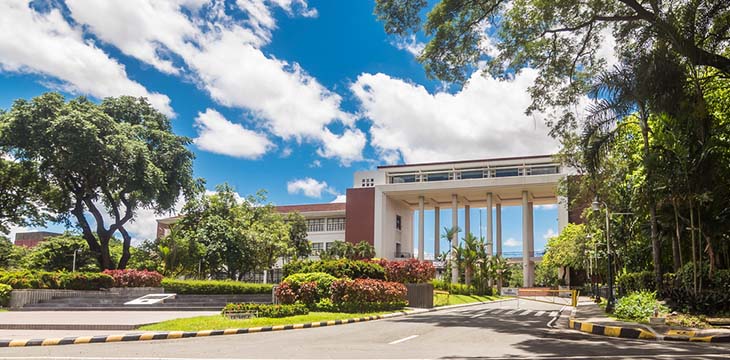|
Getting your Trinity Audio player ready...
|
The University of the Philippines (UP) is steering conversations around artificial intelligence (AI) ethics and their applicability in real-world use cases.
In an interview with local news outlet Inquirer, UP Professor Benjamin Vallejo Jr. confirmed that the state university is piecing together its draft rules for responsible AI use. Vallejo stated that the move is the first of its kind from a research institution, noting that the Philippine government may adopt the code of practice.
UP’s incoming framework will focus on attempting to eliminate the circulation of deepfakes while protecting user privacy. The recommendations will focus on balancing issues such as the threat of AI on jobs and their deployment in several areas of the Filipino economy.
“It is very critical that UP does its role as the national university in helping the country tread along this new environment,” Dr. Johnrob Bantang, head of UP’s Computational Science Research Centre, said.
Bantang disclosed that the UP, like other research institutions, is still trying to better understand AI and its skyrocketing adoption. He adds that despite the steep learning curve, the university will roll out a framework that will be “practical enough that people would be able to recognize it and relate to it.”
Bantang stated that UP’s framework would be robust enough to cover a wide range of AI platforms outside OpenAI’s ChatGPT.
Before the rise of ChatGPT and other generative AI platforms, Vallejo has been teaching AI in his Science, Technology, and Society classes. Vallejo hopes that his current batch of students will be able to contribute to the university’s planned AI framework.
The Philippine government has unveiled plans to incorporate AI into its operations, but there are lingering fears that the absence of a national AI framework may affect such plans. In June, the country’s Department of Justice (DoJ) disclosed that it would use AI to combat human trafficking, using the technology to profile airport passengers.
“We’ll try to see if we can use artificial intelligence to vet many people who want to leave, especially those prone to human trafficking,” Justice Secretary Jesus Crispin Remulla said. “I hope they understand that it is part of our culture to protect our fellow Filipinos from being trafficked and becoming modern-day slaves.”
AI regulation takes the spotlight
While AI innovation continues to develop rapidly, industry players are keeping their eyes peeled on the state of AI regulation around the globe. The European Union (EU) has emerged as the leading jurisdiction for comprehensive AI regulations following the approval of draft AI rules for the region.
In the U.S., lawmakers are taking preliminary steps toward establishing national AI standards, with state regulators sounding the alarm on alleged AI misuse.
Other regions are turning to public consultations to guide government policies while hardliners are pushing for a pause in all AI development to allow regulators to catch up as they point to the risks in Web3, healthcare, and mass media.
Watch Global Blockchain Summit highlights: Bataan wants to usher in the golden age of tech in Philippines

 02-27-2026
02-27-2026 




